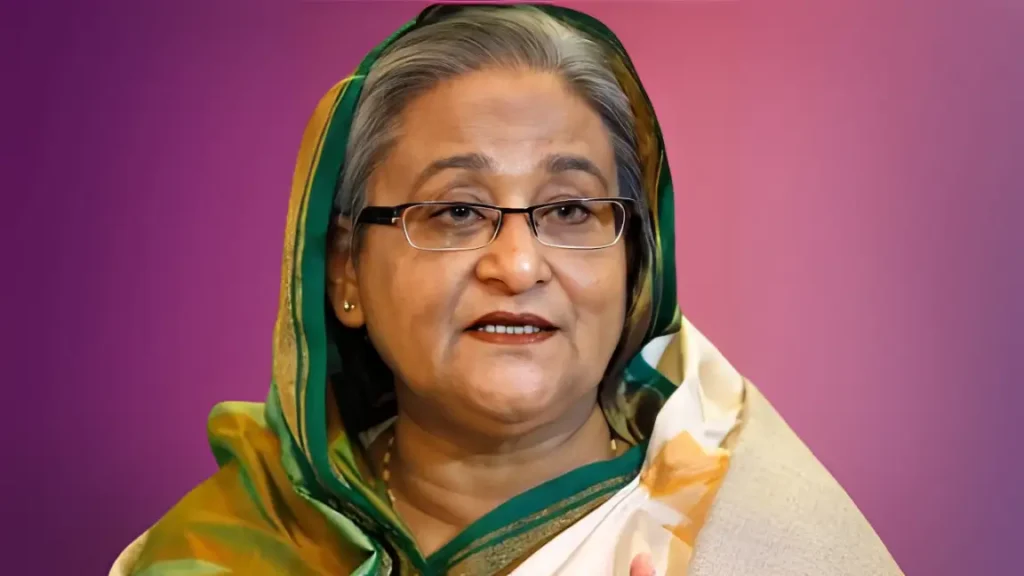The information on this blog is for informational purposes only and should not be taken as professional advice. The author of this blog is not a qualified professional in any field, and the information on this blog should not be used to make any decisions that could affect your life, health, or finances.
The author of this blog has made every effort to ensure that the information on this blog is accurate and up-to-date, but the author does not guarantee the accuracy or completeness of the information. The author of this blog is not responsible for any errors or omissions in the information on this blog.
The author of this blog is not responsible for any damages that may arise from your use of the information on this blog. You agree to use the information on this blog at your own risk.
The author of this blog reserves the right to change or update the information on this blog at any time without notice.
If you have any questions about the information on this blog, please contact the author at Contact Us

